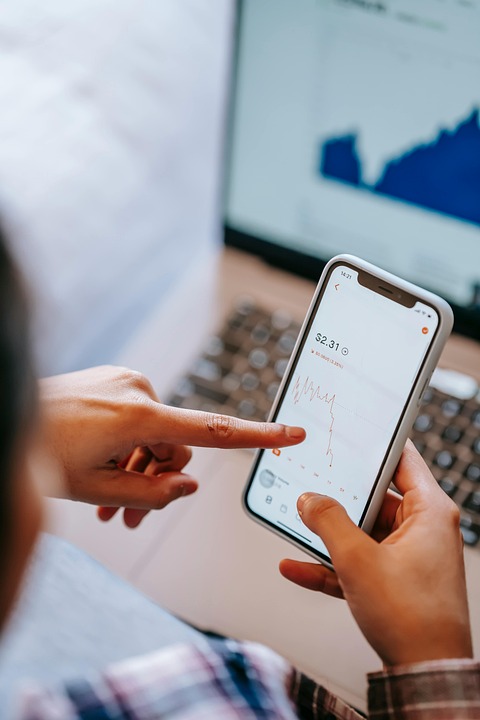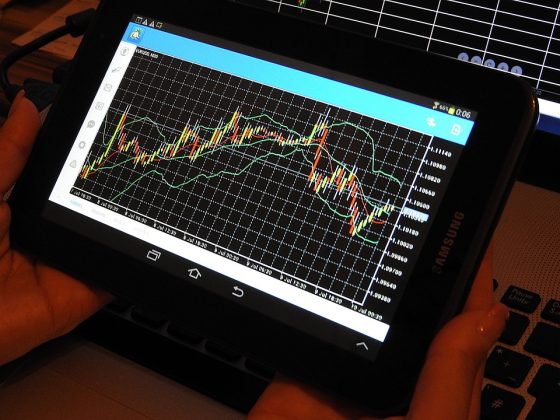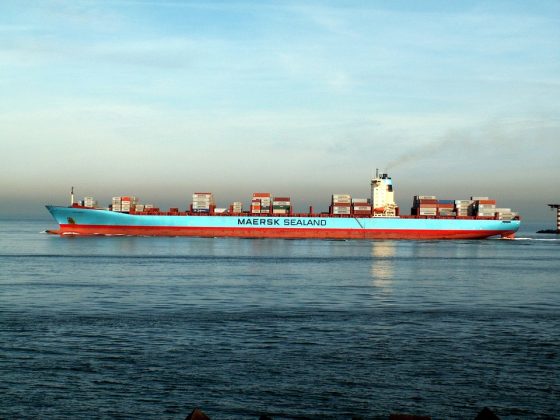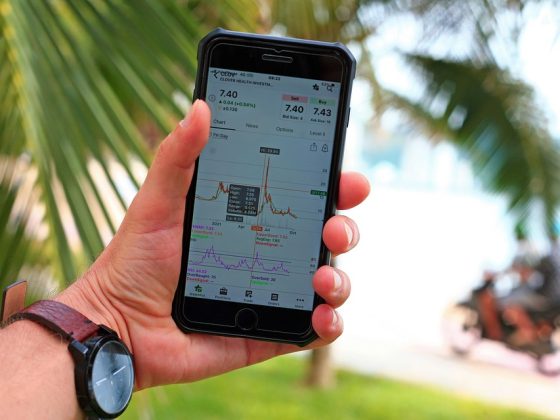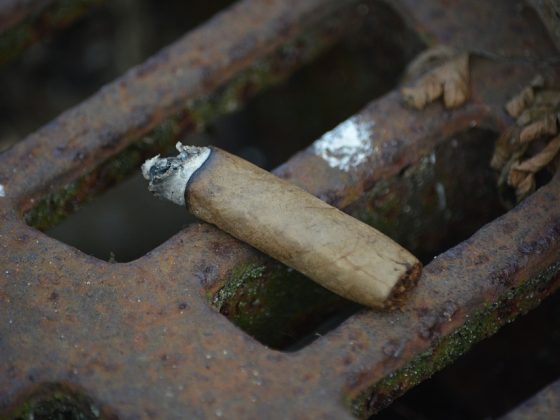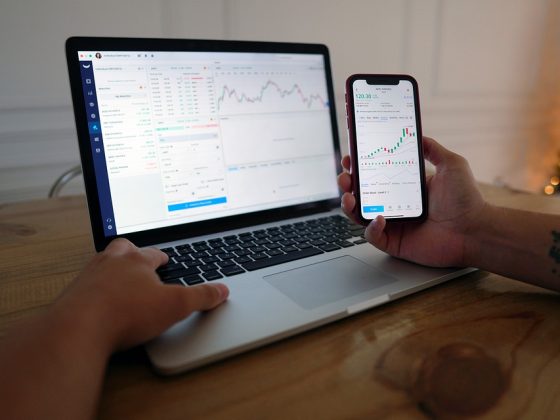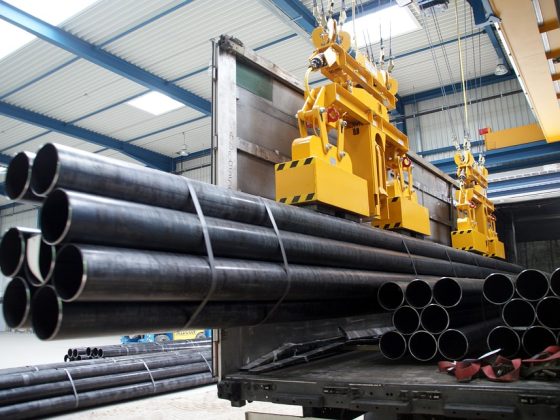The world of trading has undergone a significant transformation in recent years, thanks to advancements in technology. These changes have made trading more accessible, efficient, and transparent than ever before. As we look towards the future, it's clear that technology will continue to play a prominent role in shaping the industry.
One of the biggest impacts of technology on trading has been the rise of online platforms and mobile apps. These tools have democratized trading, allowing anyone with an internet connection to participate in the financial markets. Before the advent of online trading platforms, trading was largely the domain of wealthy individuals and institutional investors. Now, even retail investors can easily buy and sell securities with just a few clicks.
Another key development in the industry is the use of algorithmic trading. This involves using computer algorithms to execute trades at high speeds and high frequencies. Algorithmic trading can be used for a variety of purposes, such as executing large orders without slippage, taking advantage of arbitrage opportunities, and implementing complex trading strategies. This technology has revolutionized trading by making it more efficient and reducing the human error factor.
The use of artificial intelligence (AI) and machine learning in trading is also becoming increasingly prevalent. These technologies can analyze massive amounts of data, identify patterns, and make predictions about market movements. This can help traders make more informed decisions and improve their trading performance. AI-powered trading systems can also adapt to changing market conditions in real-time, making them highly effective in volatile markets.
Blockchain technology is another game-changer in the trading industry. Blockchain is a decentralized, secure, and transparent digital ledger that records transactions across multiple computers in a way that is immutable and tamper-proof. This technology has the potential to streamline and automate many aspects of trading, such as settling trades, verifying ownership of assets, and ensuring compliance with regulations.
The future of trading is likely to be shaped by even more advancements in technology, such as quantum computing, which has the potential to revolutionize how trades are processed and executed. Quantum computers are much faster and more powerful than traditional computers, enabling them to handle complex calculations and simulations with ease. This could lead to faster trade executions, more accurate predictions, and better risk management.
Of course, with these technological advancements come challenges and risks. Cybersecurity is a major concern for the trading industry, as hackers are constantly looking for ways to infiltrate trading platforms and steal sensitive information. Regulators are also grappling with how to effectively oversee and regulate these new technologies to ensure a fair and transparent trading environment.
Despite these challenges, the future of trading looks bright thanks to the transformative power of technology. Traders who embrace these advancements and adapt to the changing landscape will be well-positioned to thrive in the increasingly digital world of trading.
FAQs:
Q: How has technology impacted the trading industry?
A: Technology has revolutionized trading by making it more accessible, efficient, and transparent. Online platforms and mobile apps have democratized trading, while algorithmic trading and AI have made it more efficient and effective.
Q: What are some of the risks associated with using technology in trading?
A: Cybersecurity is a major concern, as hackers can potentially infiltrate trading platforms and steal sensitive information. Regulators are also grappling with how to effectively oversee and regulate these new technologies to ensure a fair and transparent trading environment.
Q: What are some of the emerging technologies that are likely to shape the future of trading?
A: Quantum computing, blockchain, and AI are some of the emerging technologies that are likely to revolutionize the trading industry. These technologies have the potential to streamline and automate many aspects of trading, making it faster, more accurate, and more efficient.

